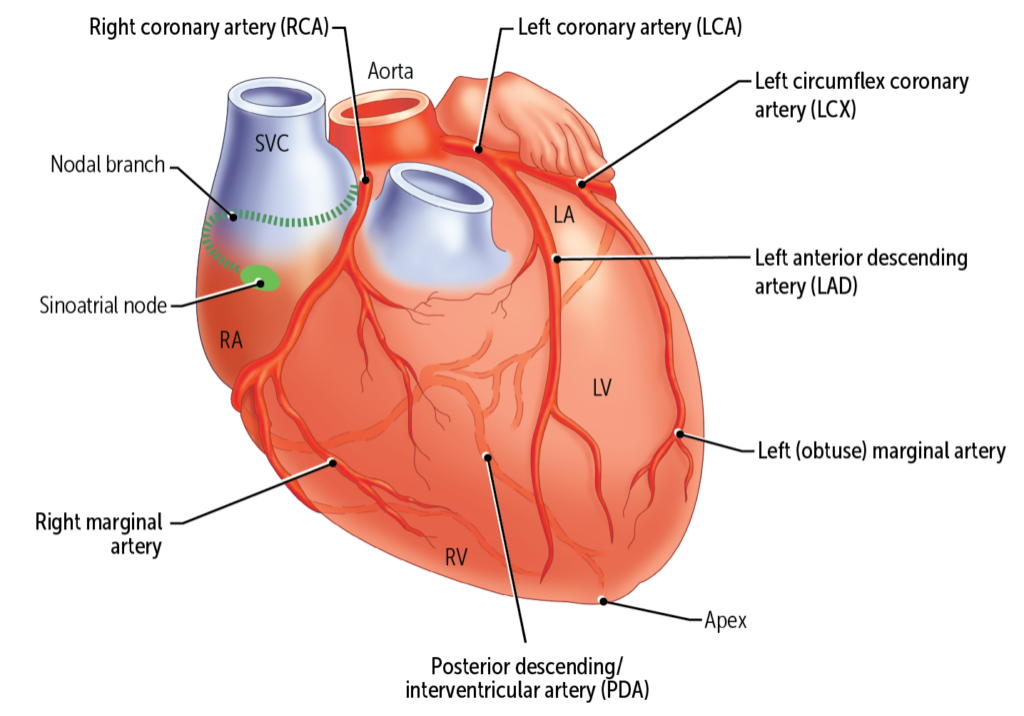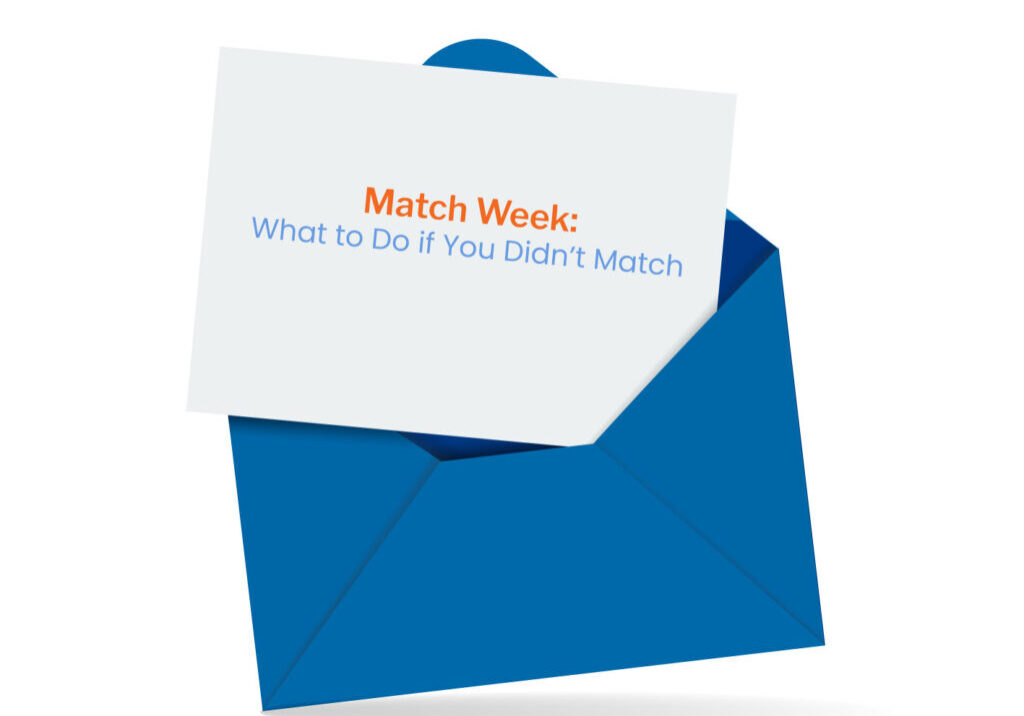By R.A. Giovane, MD
“Ok, are we ready for check out?” sounded the voice of my upper level. Justin, our fearless leader, had been tasked with supervising me and my fellow intern, Russ. It was our first day of residency and we were on medicine night float.
I received an email from our program coordinator with our intern schedule two months prior to residency. My heart skipped a beat when I read that I was starting on medicine night float as my first rotation. After telling my parents this news, my father, always trying to be positive, said, “Well, in a way it’s actually the best since it’s a tough rotation and you are new, they might be easier on you?” After getting to know my class during orientation, things were looking good despite the looming, unshakable fear of night float. Many upper level residents were encouraging, saying, “it won’t be bad” or “you’ll be fine” or “it’s not as bad as it seems!”
I woke up at 3pm, anxious for my first shift of residency. I took a shower, ate some food, and waited out the clock until 4pm to leave for my first shift as a doctor. I really didn’t know what to expect, but I knew to ask questions, make check boxes beside things that needed to get done, and to try not to kill anyone! As evening sign out was happening, I began to wonder what exactly I had gotten myself into. Soon it was just me, Russ, and Justin.
After walking us through his expectations, Justin reassured us that it wouldn’t be as bad as we feared. To make things easier, Russ and I divided up the medicine teams and went around the hospital greeting our patients in the most inefficient way. I went down to the fourth floor then up to six then back down to three to round on my patients. To make matters more stressful, I had a medical student with me. I remember the conversation I had with him: “It’s my first night, I don’t even know where the bathroom is, and I don’t know if you’ll learn much.”
As I was greeting my second patient, my pager started beeping. My sense of panic and blank stare at the small device didn’t stop the thing from beeping until I figured out which button stopped it. Sheepishly, I asked Justin how to answer the page, and he instructed me to dial the number on the pager. Simple enough, I thought. After dialing, a nurse answered and informed me that Mrs. Jones couldn’t sleep, and could I please put something in. After reporting this to Justin, I got the reply every intern dreads: “well, what do you want to do?” After much fumbling and stumbling over my words, I suggested melatonin and was pleasantly surprised when Justin agreed with my plan and told me to put the order in. And there I was, putting in my first order and prescribing my first medication, melatonin of all things. I felt great! The rest of the night was a blur; with admissions, learning the computer system, and the layout of the hospital, time flew by.
I wish I could say the same thing about our second night. After sign out from the day team, I had panic written all over my face as I realized I was missing my pager. That archaic box meant life or death for any intern! I frantically searched my backpack and even ran home to check my apartment, but it had vanished. I later found out a fellow intern picked it up accidentally. The catastrophe set a precedent for the rest of the night. Only moments later a Code Blue was called overhead, as Russ and I ran downstairs, he dropped his pager through the stairs, and we watched in horror and shock as it smashed five floors below. Justin shook his head and said, “We’ll figure it out. Let’s hustle to the code first.”
Between admissions, stuttering, phone check outs, and not knowing how to put in orders or decide plans for my patients, my first month was difficult, but things slowly got better.
I recall the advice that one of my histology professors gave me at the beginning of medical school: “medical training will get harder, but you will get better.” As I am writing this, Russ and I are telling the interns these funny stories about our first month. It is a humbling experience and an important one, too. We all make mistakes, even though we do our best. We learn from them, laugh at them (when appropriate), and move on carrying the knowledge of our mistakes. We might break a pager, or feel nervous giving our patients Tylenol, or say the wrong things. At the end of the day, it isn’t about how much you know, or think you know, it’s how you connect with people and help them when they need it. It’s about how much you are willing to learn, to push yourself and how much you care. That is what is important.
About the author: Richard Giovane is a current PGY-3 in Family Medicine at the University of Alabama, at Tuscaloosa [Roll Tide!]. He was born in Canada but has an Italian background, and yes, he does talk with his hands a lot and has difficulty grasping the concept of the volume of his voice! He enjoys reading, writing, playing video games, and has a strong passion for medical education. He is currently the Senior Editor for Step 1 Qmax and has served as an author for several First Aid books.






Great column. I enjoyed it and some good advise for incoming interns!!
Pingback: gym franchise
Pingback: goldendumps.cm
Pingback: gi?c m? b?t ???c cá lóc
Pingback: m? th?y tóc b?c
Pingback: ????? ??
Pingback: Call Now
Pingback: ??
does erectile dysfunction pills work
impotence
erectile method
erectile doctor memphis tn
erectile dysfunction treatment
can erectile dysfunction caused by guilt
erectile boosting medication
Pingback: meja qq
is erectile dysfunction a chronic condition
erectile disorder symptoms
Pingback: Library